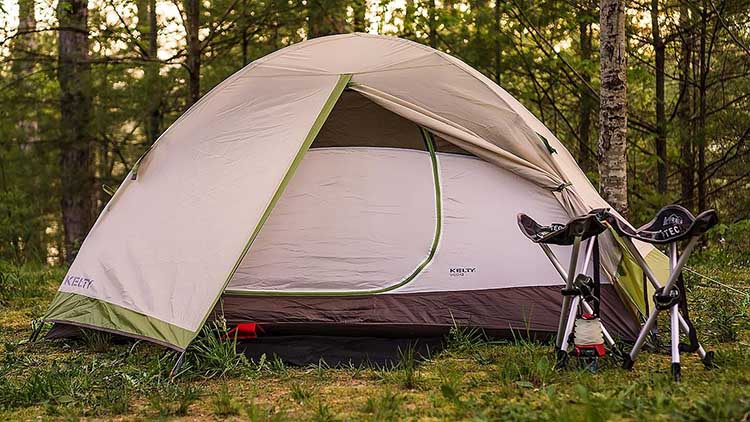
A new hiking and camping season is not far off. That’s why before you are going to find the perfect backpacking tent, you should pay attention into the 5 main following decision points.
The ongoing pandemic situation with coronavirus SARS-CoV-2 devastated hard the tourism and travel sector around the world. It also seems that the questions of crossing the EU’s external borders will not be solved so quickly. So, this year, we can forget about trouble-free trips to foreign vacation. Therefore, it is not difficult to predict that there will be more and more tourists who will choose a self-organized holiday in their own country.
1. Weight. The weight of your backpacking tent is a big part of your overall load. Your biggest tradeoffs to cut weight are having less space, fewer features and less durability over the long haul. On the other hand, keeping the tent’s weight low, but the tradeoff is comfort. Instead, you don’t have to carry the extra 10 kg on your back all day. If you are going traveling by car or motorcycle and plan to camp for a few days, it may be worth investing in a bigger one.
2. Waterproof. This indicator has long been the standard for many tents, but it is worth to pay attention on weather and climatic conditions of the terrain where you are going hike. It is better to choose more waterproof models of tents (4000 mm). It is also worth knowing if there is a sealed bottom in the tent lower limit 7000 mm.
3. Floor area and vestibules. It is better to check square footage of floor-level space before doing gear-buying decisions. Livability is a catchall word for features that make the time you spend inside your tent more enjoyable. A big part of livability is how roomy—or cramped—a tent feels to you. Don’t forget, inside the tent will be other things needed during the hike. Inside the tent, we may have to wait the bad weather, have some breakfast or cook something. That is why we recommend choosing a tent with a vestibule without floor.
4. Tent design. Not all tents can be set up anywhere. For example, tents such as “tunnel” or some types of “trekking tents” must be well stretched. You can’t set up it on a sandy beach, on concrete or on stones. In this case, the camping tents design wins.
5. And last but not least, decide on type tents you need. Light trekking models are great for hiking. Spacious camping tents provide a high level of comfort. Conquerors of the mountains should take a closer look at the storm category. While heavy-duty materials make a tent more durable, ultralight tents can be surprisingly sturdy. If you want a premium ultralight tent, you’ll pay more for ultralight-yet-strong materials.
You can’t have everything is a fact that we often forget. Some features affect the price, others affect the weight.